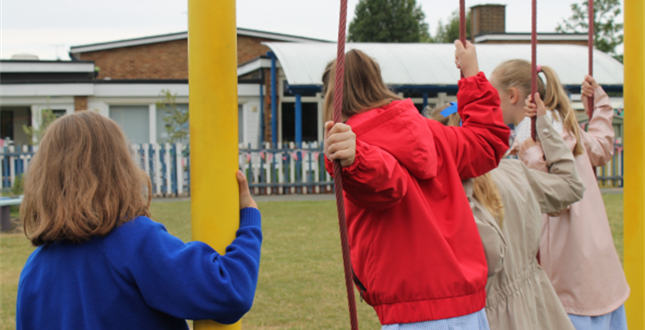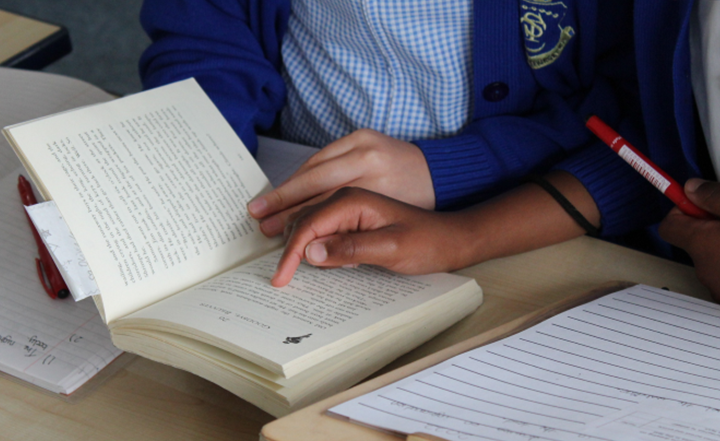Values and Ethos

 " Love-Accept-Respect-Reflect" The Core Values of St Teresa's
" Love-Accept-Respect-Reflect" The Core Values of St Teresa's
Here at St Teresa’s, we want pupils to be curious learners who persevere, challenge themselves and become kind and responsible citizens of the future, as Jesus showed us. Our Mission statement is that "with Jesus We Live Love And Learn".
Our values are embedded in every aspect of school life. Love, Accept, Respect, Reflect help us all to follow in Jesus’ footsteps, promoting Gospel values. Our values dovetail with the fundamental British values of: Democracy, Rule of Law, Individual Liberty and Mutual Respect and Tolerance; our pupils are prepared for life as citizens of the United Kingdom.
Our behaviour policy is closely linked to our values, which were chosen collaboratively by the pupils and staff. Children’s positive behaviour is rewarded through Headteacher’s Gold Awards, St Teresa's "Little Way" awards and Merits which accumulate towards the accolade of Ambassador status.
Democracy is embedded at the school. Children are always listened to by adults and are taught to listen carefully and with concern to each other, respecting the right of every individual to have their opinions and voices heard. Pupils also have the opportunity to air their opinions and ideas through our School Council and Faith Council. The elections of the School Council and head boy and girl are based solely on pupil votes, reflecting our British electoral system and demonstrating democracy in action.
The school council work not only to solve issues that the children raise but also to support fund raising events. This includes supporting worthwhile charities such as CAFOD, Brentwood Catholic Children’s Society and local charities, particularly those that support the homeless of Basildon. This fostering of a commitment to charities is another way in which we teach a sense of Britishness as well as Catholic Social Teaching.
The importance of laws, whether they are those that govern the class, the school, or the country, is consistently reinforced throughout the school day. Pupils are taught the value and reasons behind laws (rules) that they govern and protect us, the responsibilities that this involves and the consequences when laws are broken. Positive behaviour management strategies are implemented throughout the school and rules and expectations are reinforced through school assemblies and class circle times. Visits from authorities such as the Police and Fire Service help reinforce this message.
Within school, pupils are actively encouraged to make choices, knowing that they are in a safe and supportive environment. As a school we educate and provide boundaries for all pupils to make choices safely, through provision of a safe environment and empowering education.
Mutual respect is at the heart of our values. St Teresa’s is a culturally diverse school with a highly regarded inclusive ethos and practice. We celebrate this diversity in our curriculum. Examples include our celebrations of different religious festivals throughout the year, the participation of all our children, including those with disability, in all our curriculum activities and staff training we undertake to ensure this inclusive practice is sustained. Children learn that their actions have an effect on their own rights and those of others. All members of the school community treat each other with respect. The whole school community knows and understands that respect is shown to everyone, whatever differences we may have.
St Teresa’s is a Catholic School which is situated in an area of cultural diversity; therefore, we place a great emphasis on promoting diversity with the children. Assemblies are regularly planned to address this issue either directly or through the inclusion of stories and celebrations from a variety of faiths and cultures. Our RE (Come and See) and PSHE (Jigsaw) curriculum reinforce our approach. Members of different faiths or religions are encouraged to share their knowledge to enhance learning within classes and the school. Through this our children gain an enhanced understanding of their place in a culturally diverse society.


